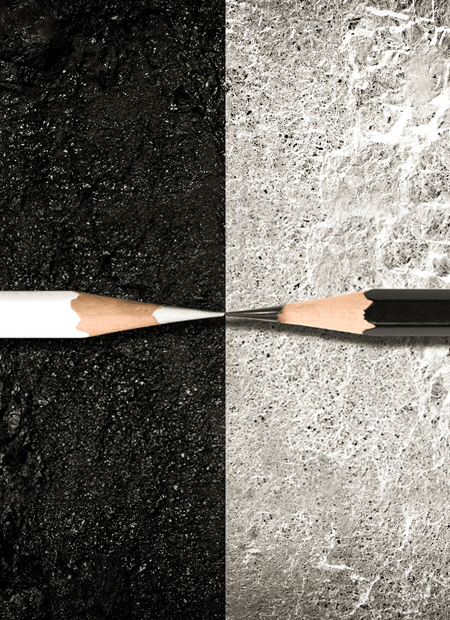What’s the difference between therapy and life coaching?
 Aren’t they basically the same thing?
Aren’t they basically the same thing?
This brief answer is no. There are similarities and differences.
Let’s look at each.
Therapy
When would therapy help me?
People seeking therapy fall into three categories:
You might want therapy because of how you’re feeling. You might seek treatment to cope with stress, overwhelm, depression, or anxiety.
Or perhaps you’ve experienced a difficult event, divorce, loss of a loved one, or other trauma.
You might also reach for help because of something you’re coping with, such as juggling work and family, overcoming infertility, struggling with your career, or being a parent.
What’s the end game?
Basically, the goal of therapy is to heal emotional wounds and improve your coping skills.
Different therapists use different approaches – so not all therapy looks the same. Though you may have been in therapy before, you won’t necessarily have a similar experience with another therapist.
 Different Types of Therapy
Different Types of Therapy
There are also a few types of therapy.
Individual Therapy
In individual therapy, you’ll work one-on-one. Depending on the therapist, you may do this until you’ve achieved a specific outcome, or it may be open-ended.
An example of an outcome could be no longer feeling stressed for six months.
Another outcome could be applying new, helpful tools to the situation(s) causing the stress.
 Couples and Family Therapy
Couples and Family Therapy
For couples and family therapy, you would have sessions with your partner or family, respectively, and the therapist.
As with individual therapy, you may discontinue the process after you’ve achieved a certain outcome, or you may continue with the therapist indefinitely, working through things as they arise.
A sample outcome for couples therapy could to reduce the number of arguments and increase positive interactions.
Group Therapy
The last kind of therapy is group therapy. In this format, you work with one or more therapists and a group of people struggling with similar issues. Groups can hold significant healing power.
Some groups last for a specified amount of time (e.g., six weeks) and might have an educational component.
For example, you might learn about various communication styles or different communication techniques in a group on relationships.
Other groups go on for months or years without a specified end date, fully allowing the group members to create cohesive bonds and nurture an incredibly safe space to explore the difficult topics that can come up.
 Different Types of Therapists
Different Types of Therapists
There are also different types of therapists (psychologists, clinical social workers, and various therapist and counselor designations) to confuse you a little more. These vary from state to state.
I know it can become confusing, so I always tell people the most important thing is that you trust and like your therapist. Don’t worry too much about the letters behind their name but make sure they are licensed in their state.
Okay, so what’s life coaching, then?
A Coach’s Role
Life coaches help clarify your goal(s) and help you devise a clear plan to achieve them.
The life coach is not there to give advice but to help their clients discover what keeps them from defining or reaching goals.
Then, the coach provides powerful strategies and exercises to help clients set and achieve goals. It sounds simple, but it can be quite transformative.
When would I benefit from a coach?
People typically seek coaches when trying to achieve some goal and either don’t know where to start, have tried to reach their goal, haven’t experienced the results they desired, or had some good initial results but want to improve further.
Life coaching may involve focusing on a specific area such as career, work-life balance, health goals, improving relationships, leadership skills, or executive skills.
 Different Types of Coaching
Different Types of Coaching
Similar to therapy, there are individual and group coaching formats.
You can also take coaching courses.
Individual Coaching
In individual coaching, you’ll work one-on-one with a coach, often for a specified amount of time, but individual coaching can also be ongoing.
Group Coaching
In group coaching, you’ll typically go through a coaching program that lasts for a specified amount of time (e.g., 3, 6, or 12 months) with other people who share a similar goal.
In group coaching, you will typically work through material/coursework on your own and then meet with the coach and other group members. This is helpful because the other group members often have similar struggles, and it can be beneficial to see others work them out or ask questions that hadn’t occurred to you.
The coach may provide some individual help, but it’s typically limited to group coaching.
Coaching Courses
The final form of coaching, coaching courses, offers a curriculum you can purchase and work through at your own pace. These typically don’t provide personalized attention and thus work best for self-motivated people.
So, what’s the difference between a life coach and a therapist, then?
Therapists have training and licenses that allow them to assess, treat, and diagnose mental disorders.
Unless a licensed mental health professional, life coaches cannot treat or diagnose mental disorders and aren’t required to have any training. So, it’s important to choose a life coach with clinical training or certification.
 So, they’re both about change, right? I still don’t get it. Help me out!
So, they’re both about change, right? I still don’t get it. Help me out!
It’s true – there’s a lot of overlap.
Okay, let me put it this way: the biggest difference between life coaching and therapy is that life coaching is more action-oriented, and therapy is more insight-oriented.
Of course, you may gain some insight from coaching – and you may have action-oriented goals when doing therapy, but the focus is different.
In therapy, the focus is healing.
In coaching, the focus is growth.
How Do I Choose?
Ask yourself whether you’re really struggling emotionally, personally, or professionally. If the answer is yes, therapy may be for you.
If you’re not struggling but have goals or want to have goals, coaching is for you!
Can I do both?
It’s possible to do both!
A good way to approach this is to start with therapy and discuss the appropriate time to begin coaching with your therapist.
For some people, it may be helpful to do coaching and therapy at the same time.
Your therapist can help you decide. You should, however, receive your coaching and therapy from separate individuals.
If you still have questions or can’t decide which is best for you, schedule a free consult with me, and I can help.

